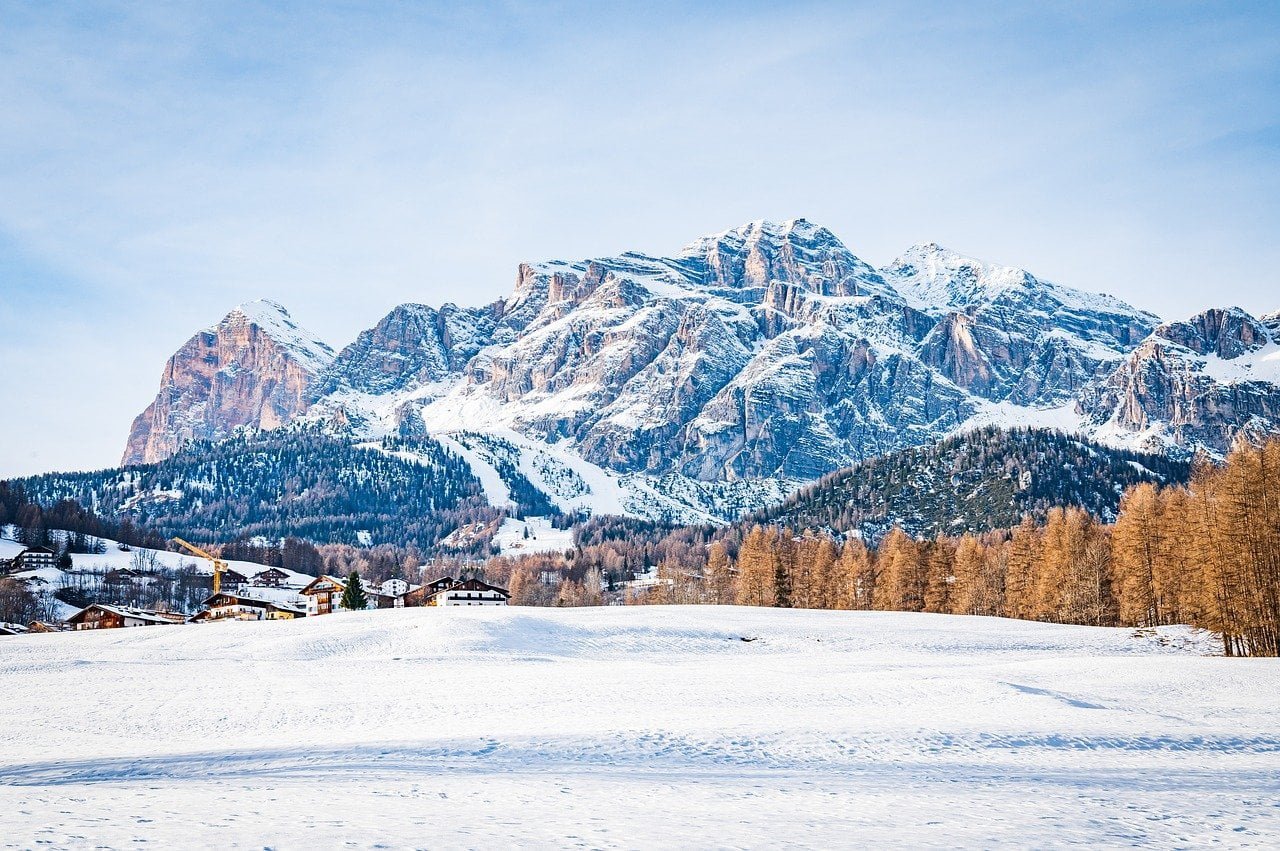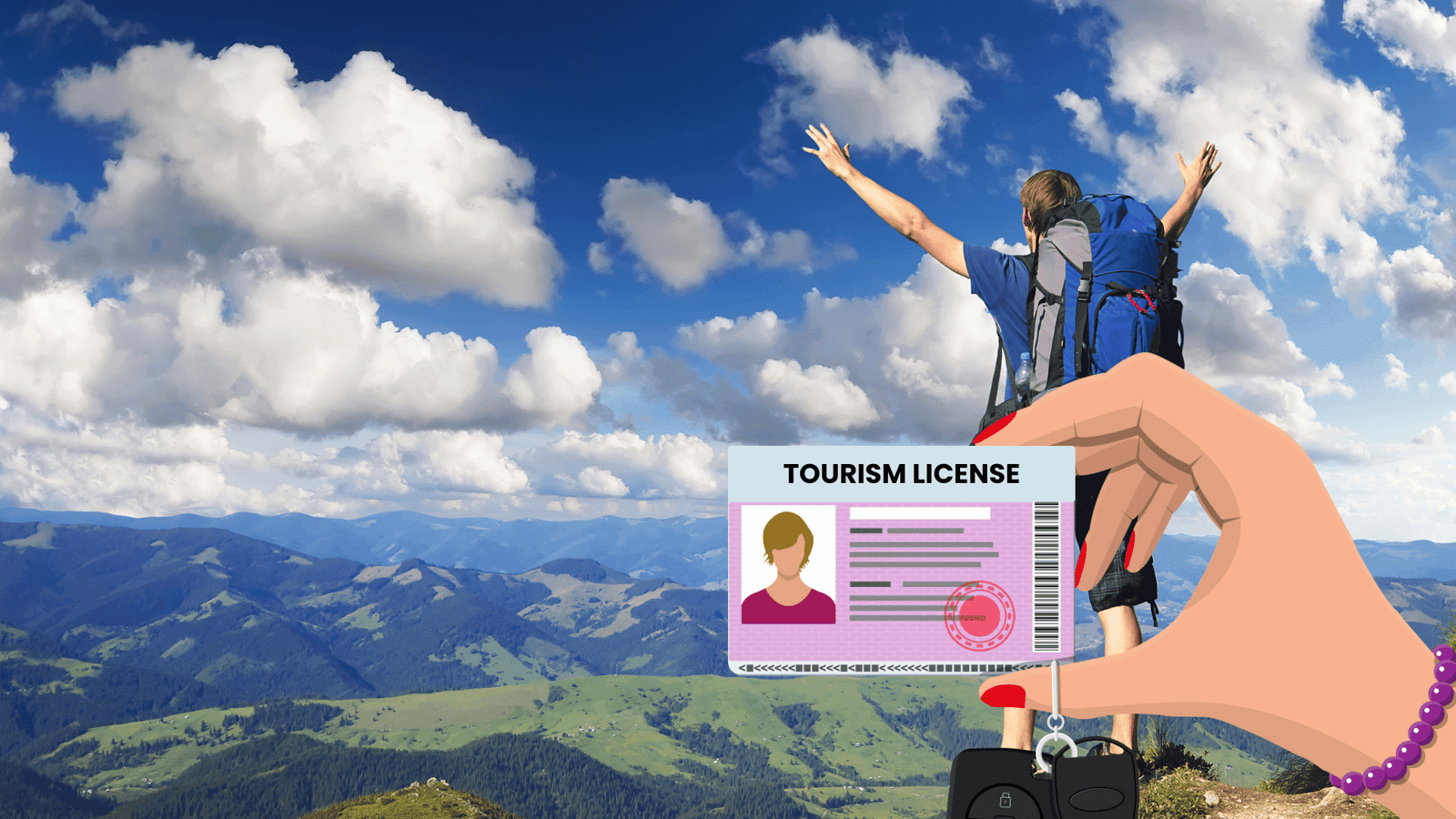
A tourism license simply refers to a legal permit to operate business-related ventures in tourism, such as travel agencies, tour operators, or accommodation services, within a particular region.
In Nepal, the Ministry of Culture, Tourism, and Civil Aviation is responsible for issuing tourism licenses through the Department of Tourism.
The application for a licence to operate tours involves a comprehensive form with attachments, such as a business registration certificate, proof of economic viability or financial stability, and other requirements concerning safety and quality standards.
The process mostly involves knowledge sharing by demonstrating that the applicant knows the local regulatory environment and how to maintain their business according to industry standards with relevant certifications.
This license shows the business has met the legal and quality requirements of ensuring good services to clients, thereby giving positive input to the tourism sector.
Regulation of this sector substantially protects the interests of the traveling consumer, which improves the overall travel experience.
That is to say, the continuous process of renewing one’s license and operation within the set conditions promotes the sustainable development of tourism regarding legitimacy in operation.

What is a Tourism License?
A tourism license is an official permit required for operating tourism-related businesses, such as travel agencies, tour operators, or hotels.
Issued by relevant authorities, it ensures compliance with industry standards, legal requirements, and safety regulations, contributing to regulated, quality tourism services and consumer protection.
Which authority grants Tourism License in Nepal?
In Nepal, the authority responsible for granting tourism licenses is:
- Ministry of Culture, Tourism, and Civil Aviation (MoCTCA):
- Role: The primary authority for overseeing the tourism sector, including the issuance of tourism licenses.
- Process: Tourism businesses must apply to MoCTCA, which reviews and grants licenses for various tourism-related activities.
- Department of Tourism:
- Role: Operates under the MoCTCA and is directly involved in the licensing process for tourism operators, travel agencies, and related services.
- Process: Processes applications, conducts inspections if necessary, and issues tourism licenses.
- Nepal Tourism Board (NTB):
- Role: Although primarily focused on promoting tourism, the NTB may be involved in providing information and facilitating the licensing process.
- Process: Assists with guidance and support for obtaining the necessary tourism licenses.
What is the process of obtaining a Tourism License in Nepal? (In 4-5 Detailed Steps)
To obtain a tourism license in Nepal, follow these steps:
- Prepare Documentation: Gather the necessary documents, including a completed application form, proof of company registration, PAN or VAT registration certificate, and proof of land ownership or lease agreement for the business premises.
Prepare a detailed business plan outlining your tourism services and operational plans.
- Submit Application: Apply for the tourism license at the Department of Tourism or the relevant local authority.
Submit the completed application form along with all required documents and the business plan.
- Review and Inspection: The Department of Tourism will review your application and documents.
They may conduct an on-site inspection of your facilities to ensure they meet the required standards and regulations.
- Pay Fees: Pay the necessary application and processing fees as required by the Department of Tourism.
Obtain and keep the receipt as proof of payment.
- Receive License: After approval and successful completion of all requirements, receive the tourism license.
Ensure compliance with any conditions stipulated in the license and adhere to all regulations governing tourism operations in Nepal.
Read More:
What are the Documents required for a Tourism License in Nepal?
To obtain a tourism license in Nepal, you typically need to provide the following documents:
- Business Registration Documents: Proof of business registration with the Department of Industry or the Office of the Company Registrar.
- Trade License: A valid trade license issued by the local municipality or city office.
- Tourism License Application Form: Completed application form for a tourism license, available from the Department of Tourism or relevant tourism authority.
- Proof of Office Address: Documents proving the business’s office address, such as a lease agreement or property ownership papers.
- PAN Certificate: A Permanent Account Number (PAN) certificate from the Inland Revenue Department.
- Financial Statements: Recent financial statements, including balance sheets and profit and loss accounts, demonstrating the business’s financial stability.
- Operational Plan: A detailed plan outlining the tourism services offered, including itineraries, packages, and target market.
- Health and Safety Compliance: Documentation showing compliance with health and safety regulations, including any required certifications.
- Identity Proof: Identification documents of the business owner or key personnel, such as citizenship certificates or passports.
- Insurance Coverage: Proof of insurance coverage, including liability insurance and travel insurance for tourists.
- Tourism Standards Compliance: Assurance of adherence to local tourism standards and regulations, including environmental and cultural considerations.
What are the requirements for a Tourism License in Nepal?
To obtain a tourism license in Nepal, one generally need to meet the following requirements:
- Business Registration: Proof of registration of the company or entity with the Office of the Company Registrar.
- Tourism License Application: Submission of a completed application form for the tourism license to the Nepal Tourism Board (NTB).
- Office Address: Documentation of a valid office address, including ownership or lease agreement.
- Tourism Business Plan: Detailed business plan outlining the type of tourism services offered and operational procedures.
- Qualified Personnel: Information on key personnel with relevant qualifications and experience in the tourism sector.
- Insurance: Relevant insurance coverage for tourism operations, including liability insurance.
- Compliance with Regulations: Adherence to local and national tourism regulations and standards set by the NTB.
- Fee Payment: Payment of the prescribed fee for the tourism license application.
What is the time taken for a Tourism License in Nepal?
Obtaining a tourism license in Nepal generally takes about 2 to 4 months.
The process involves applying to the Department of Tourism, submitting required documents, and meeting regulatory requirements.
What is the cost for a Tourism License in Nepal?
The cost for obtaining a tourism license in Nepal generally includes:
- Application Fee: Paid to the Ministry of Culture, Tourism and Civil Aviation or relevant authority.
- Processing Fee: Covers the administrative costs of reviewing and processing the application.
- Additional Charges: May include fees for inspections, legal assistance, or documentation.
What are the benefits of a Tourism License in Nepal?
Obtaining a tourism license in Nepal offers several benefits:
- Legal Authorization: Provides official approval to operate tourism-related services, ensuring compliance with national regulations and standards.
- Credibility: Enhances the credibility and legitimacy of the tourism business, attracting tourists and establishing trust.
- Access to Market: Facilitates entry into the tourism market, enabling businesses to legally offer tours, accommodation, and related services.
- Government Support: Qualifies the business for government support, including subsidies, promotional assistance, and participation in tourism fairs and events.
- Networking Opportunities: Opens doors to connect with other tourism professionals, travel agencies, and industry stakeholders, fostering collaboration and growth.
- Enhanced Marketing: Provides opportunities to be featured in government and industry marketing campaigns, boosting visibility and attracting tourists.
- Regulatory Compliance: Ensures adherence to tourism regulations, reducing the risk of fines or legal issues and promoting sustainable tourism practices.
- Insurance Benefits: Facilitates access to insurance coverage for risks associated with tourism activities, protecting both the business and its clients.
- Increased Business Opportunities: Allows for the expansion of services and partnerships with international tour operators and travel agencies.
- Improved Customer Confidence: Instills confidence in customers by demonstrating a commitment to quality and adherence to industry standards.







